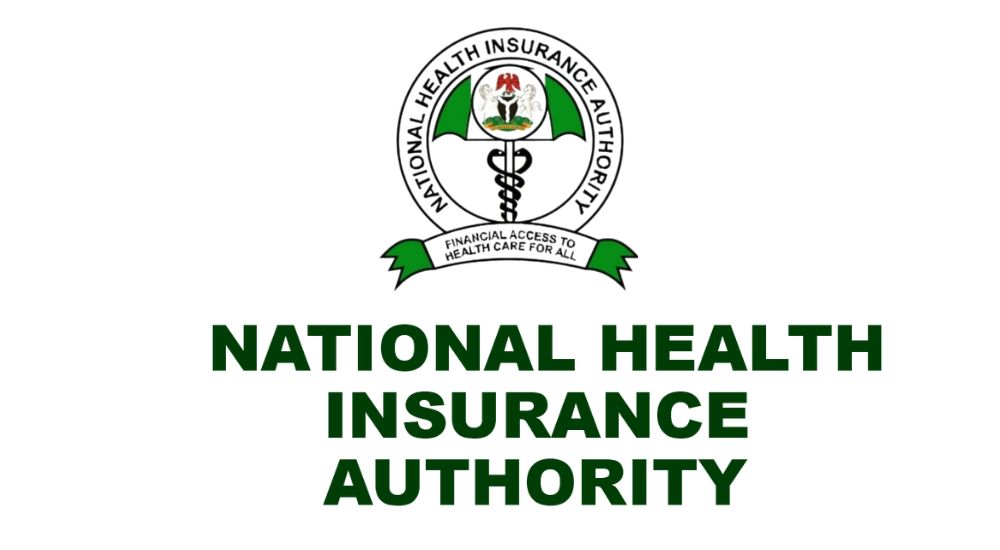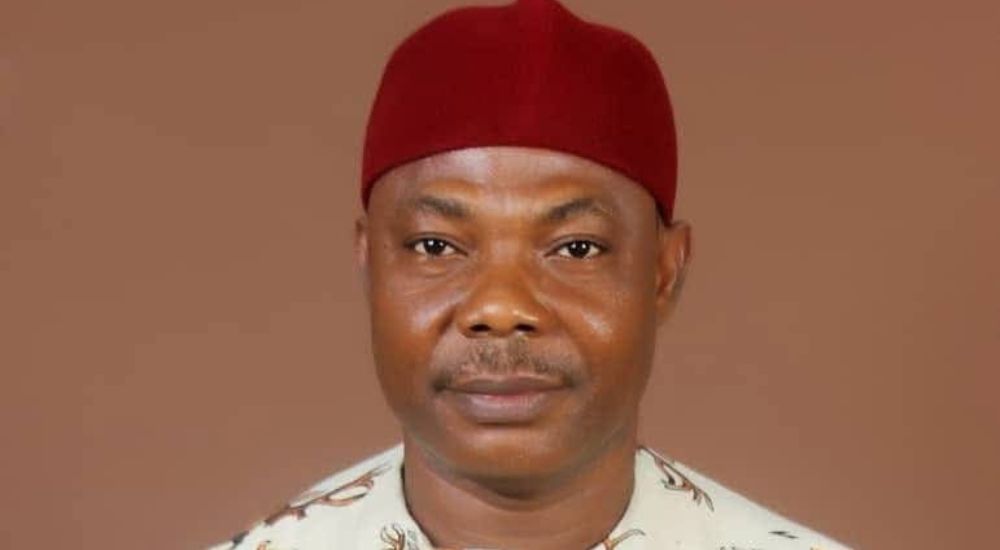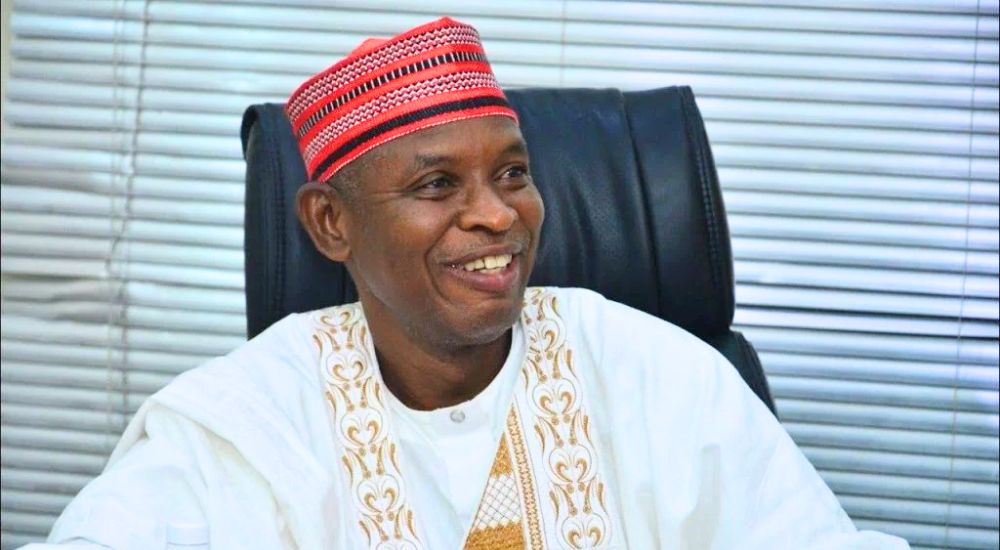Seeing Clearly In Retirement Should Be A Right, Not A Privilege.

Growing older should not mean losing your sight. Yet, across Nigeria and much of Africa, many older adults still believe that vision loss is an inevitable part of ageing. This misconception leads to unnecessary suffering, reduced independence, and rising healthcare costs.
As Nigeria’s population ages, we must begin to treat eye health as essential to ageing with dignity.
What often goes unsaid is that most age-related vision problems are not only treatable, they are
also preventable.
The Hidden Epidemic in Elderly Eye Health
According to the International Agency for the Prevention of Blindness (IAPB), more than 55 per cent of global blindness occurs in individuals aged 50 and above. In Nigeria, cataracts remain the leading cause of blindness, and Glaucoma contributes significantly to irreversible vision loss.
Presbyopia, the age-related difficulty with near vision, affects over 80 per cent of Nigerians over the age of 40.
These conditions quietly erode the quality of life for older adults. The e7ects extend far beyond vision loss.
They are deeply personal. Cataracts blur the lens, turning basic tasks like reading or cooking into daily struggles. Glaucoma causes slow damage to the optic nerve, often going unnoticed until permanent vision loss occurs. Presbyopia, often dismissed as a minor issue, can significantly compromise independence, particularly for elderly individuals who are still working
or caring for their families.
In many communities, these conditions go untreated. Not because treatment does not exist, but because it is too far away or too expensive to access.
A System That Doesn’t See Its Seniors
Nigeria’s health system has made significant strides, particularly in maternal and child health.
However, it still fails to recognize the specific needs of the elderly, especially in eye care. Eye health remains poorly integrated into national strategies on wellness and healthy ageing.
Through mobile clinic programmes, I have seen this neglect up close. Older adults arrive before sunrise, supported by grandchildren or neighbours. Many have not had an eye exam in decades.
Most do not even realize their vision problems are treatable. I remember one outreach in rural Edo where an elderly farmer received his first pair of glasses and wept, saying, “You’ve brought back my eyes and my pride.”
These experiences, while emotional, point to a broader public health issue. Research shows that vision loss in older adults is linked to higher risks of falls, depression, social isolation, and decreased quality of life.
According to the World Health Organization, unaddressed vision impairment results in an estimated 411 billion dollars in global productivity losses each year.
Investing in Sight Makes Economic Sense
Treating vision loss in older adults is not only ethical, but also economically sound. Cataract surgery is among the most cost-effective medical procedures. A basic pair of reading glasses costs less than a meal at a restaurant. Early screening for glaucoma can prevent long-term disability and reduce the strain on our already stretched healthcare system.
However, in many parts of Nigeria, vision care remains classified as a specialist service, primarily available in private clinics or urban hospitals. This puts it out of reach for much of the rural population.
Mobile clinics are helping to bridge that gap. By bringing care to where people live, we have
seen stronger trust, higher uptake, and better outcomes. These clinics offer screenings, provide
glasses, and refer patients with serious cases for follow-up care. They can also detect chronic
conditions such as diabetes and high blood pressure through simple retinal exams.
This is the shift we need, from one-time interventions to consistent, community-based care.
A Call to Action
Nigeria’s elderly population is expected to double in the next 20 years. Without urgent action, we risk a sharp increase in preventable vision-related disability. The cost of inaction is not just economic; it is human. We cannot afford to keep older adults in the dark, literally and figuratively.
We need to act on five fronts:
- The government must integrate eye care into national ageing and wellness policies.
- Vision screening should be included in health insurance packages and state-supported
health programmes for seniors. - Primary care workers must be trained to detect and refer vision problems early.
- Donors and development partners should fund mobile outreach efforts targeting rural
elderly populations. - Communities must understand that good vision is not a luxury; it is a right.
Good eyesight should not end when people retire. It should continue into old age, supporting mobility, memory, and quality of life.
Let us build a future where seeing clearly in retirement is not the exception, but the norm. Dr. Ugonna Nwigwe is an Optometrist, Healthcare Transformation Leader, and Founder of The Eye Place, Nigeria. She leads mobile eye care programmes across rural communities and advocates for inclusive, policy-driven health systems.
Seeing Clearly In Retirement Should Be A Right, Not A Privilege. is first published on The Whistler Newspaper





